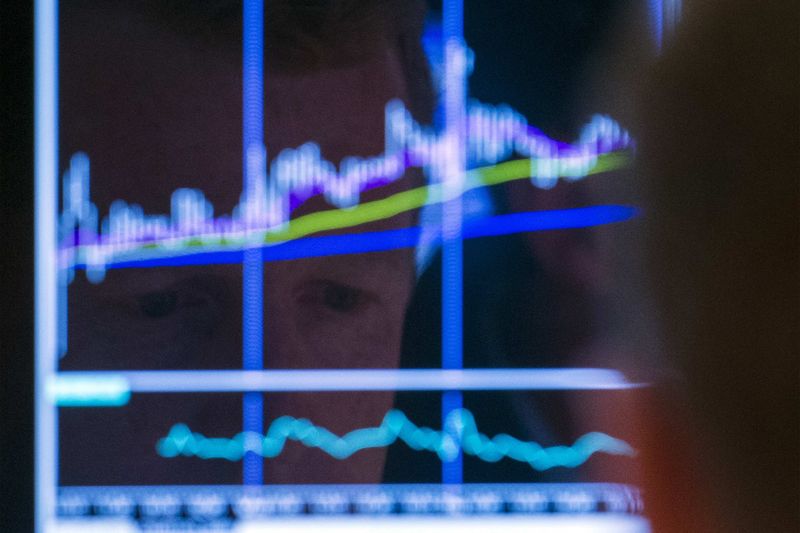Quiver Quantitative - The fundamental rule underpinning the modern global economy—that ships of any nation may freely sail the high seas—is facing unprecedented challenges. Recent events have cast a shadow over this pillar of international order, with maritime security crises erupting across crucial waterways, from the Red Sea (NYSE:SE) to the South China Sea, and from the Black Sea to the Horn of Africa. These developments are reshaping the geopolitical landscape, threatening the free flow of commerce that has fueled global growth for decades.
Retired U.S. Admiral James Stavridis, reflecting on his extensive career, underscored the intensity of the competition on the world's oceans, marking a significant departure from the collaborative efforts of the world's navies to secure sea lanes in the past. The freedom of navigation, a principle that facilitated the rise of a global economy, lifting nations out of poverty and cementing the dollar's status as the world reserve currency, now hangs in the balance as geopolitical tensions escalate.
Market Overview: -Houthi rebels' attacks on cargo ships in the Red Sea have quadrupled freight rates, signaling increased risks for American and allied vessels in crucial transport lanes. -Russia's invasion of Ukraine has transformed the Black Sea into a hazardous zone for grain shipments, crucial for global food supplies. -Piracy resurgence near the Horn of Africa and the Strait of Malacca, along with China's aggressive territorial claims in the South China Sea, compound the threats to maritime trade.
Key Points: -Over 80% of global goods are transported by sea, highlighting the strategic importance of maritime security. -Traditional naval powers like the U.S., Britain, and Japan are finding their capabilities stretched thin, raising questions about their ability to secure international waters. -The principle of freedom of navigation, once a given for global trade, is now questioned as nations and non-state actors assert control over strategic maritime chokepoints.
Looking Ahead: -The international community faces a critical juncture in determining how to uphold maritime security amidst rising geopolitical tensions. -Collaboration among global naval powers, once common, now faces significant hurdles, with China, Russia, and the U.S. struggling to find common ground. -The economic implications of these security challenges are profound, affecting everything from global shipping rates to the availability of goods and the stability of food prices.
The increasing militarization of strategic maritime zones and the resurgence of piracy and unilateral territorial claims represent a fundamental shift in the international security landscape. The principle of freedom of the seas, a cornerstone of global trade and economic prosperity, is under threat. As nations grapple with these challenges, the need for a coordinated international response has never been more critical.
The future of global trade, and by extension global peace and prosperity, may well depend on the ability of the world's powers to navigate these troubled waters together. The unfolding maritime security crises demand not just attention but action, to ensure that the high seas remain a conduit for commerce, not conflict.
This article was originally published on Quiver Quantitative
